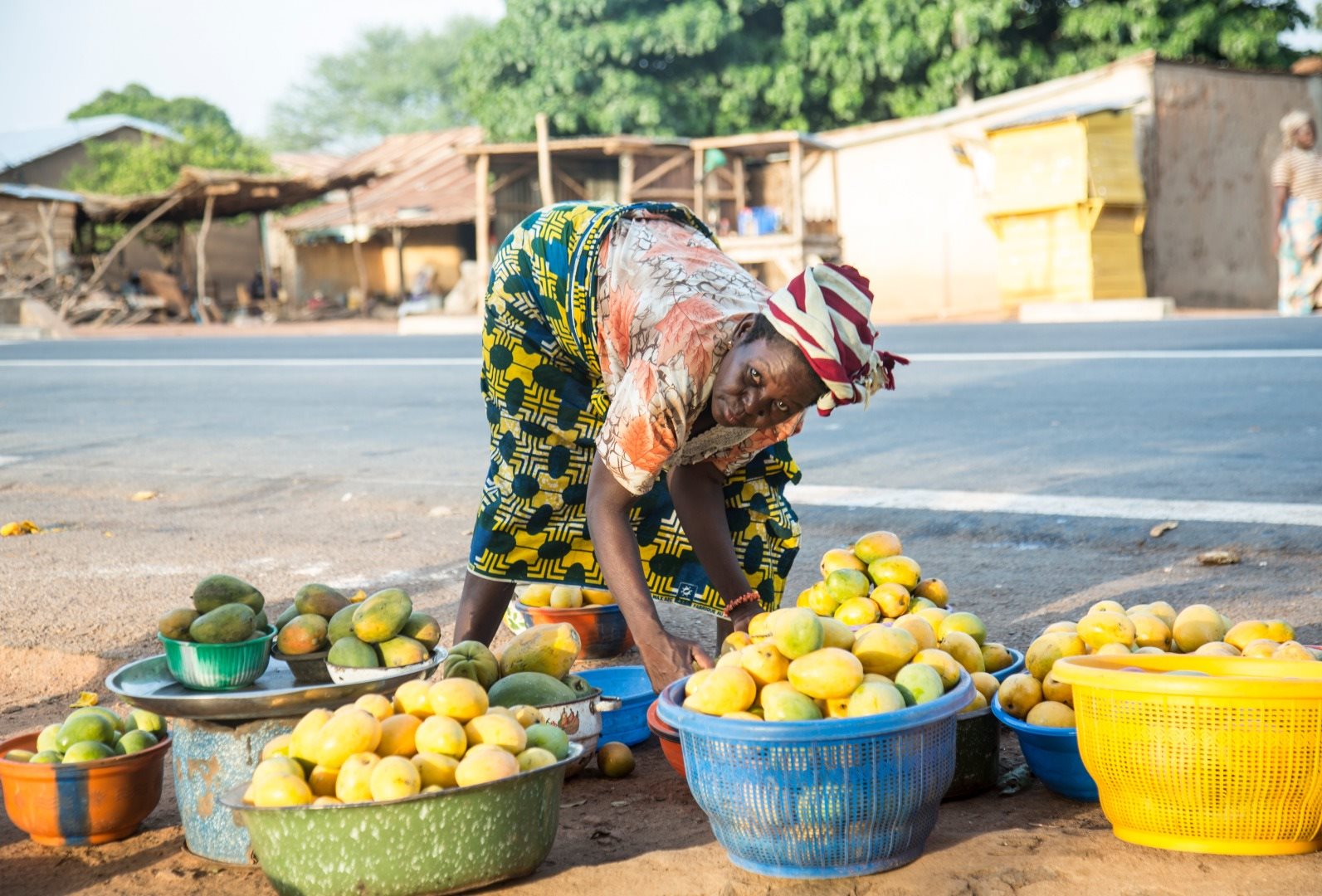Role of local governments in addressing the food security challenges
The challenges that many least developed countries (LDCs) face are, amongst others, the weak capacity of local governments in integrating food security issues in the planning and budgeting cycle, the absence of intergovernmental transfer systems allowing local authorities to make investments enhancing food security at the local level.
To tackle this problematic efficiently, the F4F programme provides support and assistance backed by strategic local investments. The local government thus becomes an important decision-maker in matters of local development, the fight against poverty, resources mobilization and the sustainability of public services to the populations through its annual investment budget. F4F thus makes the local actors accountable and responsible as much in identifying needs than in the practical implementation of relevant answers in such a way that the supported projects constitute means to facilitate and realize the adequate solutions relying on local capacity.

Promoting local leadership
The F4F programme focuses its action on capacity building, tools and investment mechanisms to enhance the role of local governments and supports the necessary investments needed for development. Due to the proximity with communities and households, local authorities are the most efficient level where key elements of food and nutritional security can be addressed: the territorial dimension and the participative approach.
Furthermore, local governments work in the framework of national policies while representing the interests of the local populations by facilitating the dialogue and the social construction to design adapted and complementary policies in partnership with international agencies. That way they can bring suggestions to the improvement of development policies.
To play this most important role, local authorities face endemic challenges: the lack of funding and the lack of human resources capacity. Local governments must be able to analyse the questions of food security, identify appropriate interventions, develop partnerships and policies, monitor and evaluate, coordinate local plans, etc. It is also crucial that they recognize the importance of their role and make use of the full range of mechanisms available to them to reduce food insecurity and strengthen the four pillars of food security, beyond tackling crisis situations.
